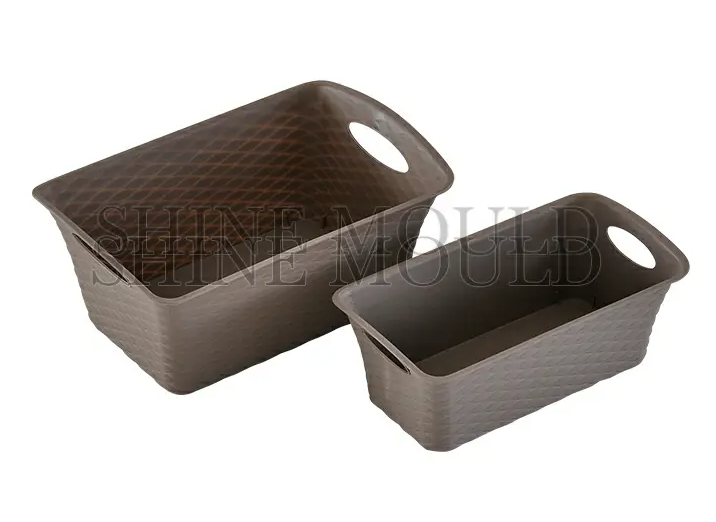Durability is a significant consideration when selecting basket moulds for various manufacturing processes. Basket moulds, widely used in different industries such as food packaging, storage solutions, and material handling, require a robust structure to withstand frequent use and demanding environments. Understanding the durability aspects of basket moulds can help users make informed decisions and maximize their operational efficiency.
One of the primary factors contributing to the durability of basket moulds is the choice of material. Commonly, basket moulds are produced from metals like aluminum or steel, which offer strong resistance to wear and mechanical stress. These materials help ensure that the mould maintains its shape and functionality even after repeated cycles of production. Additionally, the materials used are often treated or coated to enhance resistance to corrosion, which is crucial in humid or chemically active settings.
The manufacturing process plays a vital role in defining the mould’s durability. Precision in shaping and forming the basket mould helps achieve consistent wall thickness and structural integrity. Uniform thickness reduces weak points that might otherwise lead to cracks or deformation during use. Furthermore, finishing processes smooth out surface irregularities that could cause stress concentration, thus extending the mould’s service life.
Basket moulds are often subjected to high temperatures during production, especially in plastic or rubber moulding industries. Therefore, the ability to tolerate thermal cycling without compromising strength is essential. Durable basket moulds can handle these temperature fluctuations without warping, cracking, or losing their dimensional accuracy, which contributes to maintaining product quality throughout manufacturing.
Another aspect influencing durability is the design of the basket mould. Reinforcements such as ribbing or thicker sections at stress points improve resistance to mechanical impacts and repeated handling. These design features help the mould endure operational demands and reduce downtime due to repairs or replacements.
The ease of maintenance also affects the perceived durability of basket moulds. Surfaces that are easier to clean and less prone to buildup of residues promote longevity. Materials and coatings that resist sticking or corrosion can reduce cleaning time and prevent damage during maintenance.
In environments where basket moulds are exposed to chemicals or abrasive substances, material selection and protective treatments become even more critical. Durable moulds can resist degradation from such exposures, ensuring a longer lifespan even in harsh industrial conditions.
In summary, the durability of basket moulds depends on material choice, manufacturing quality, design considerations, and maintenance practices. These factors work together to produce moulds that withstand mechanical stress, thermal cycling, and environmental challenges. By focusing on these aspects, manufacturers provide basket moulds capable of consistent performance over time, supporting efficient production processes in various industries.

